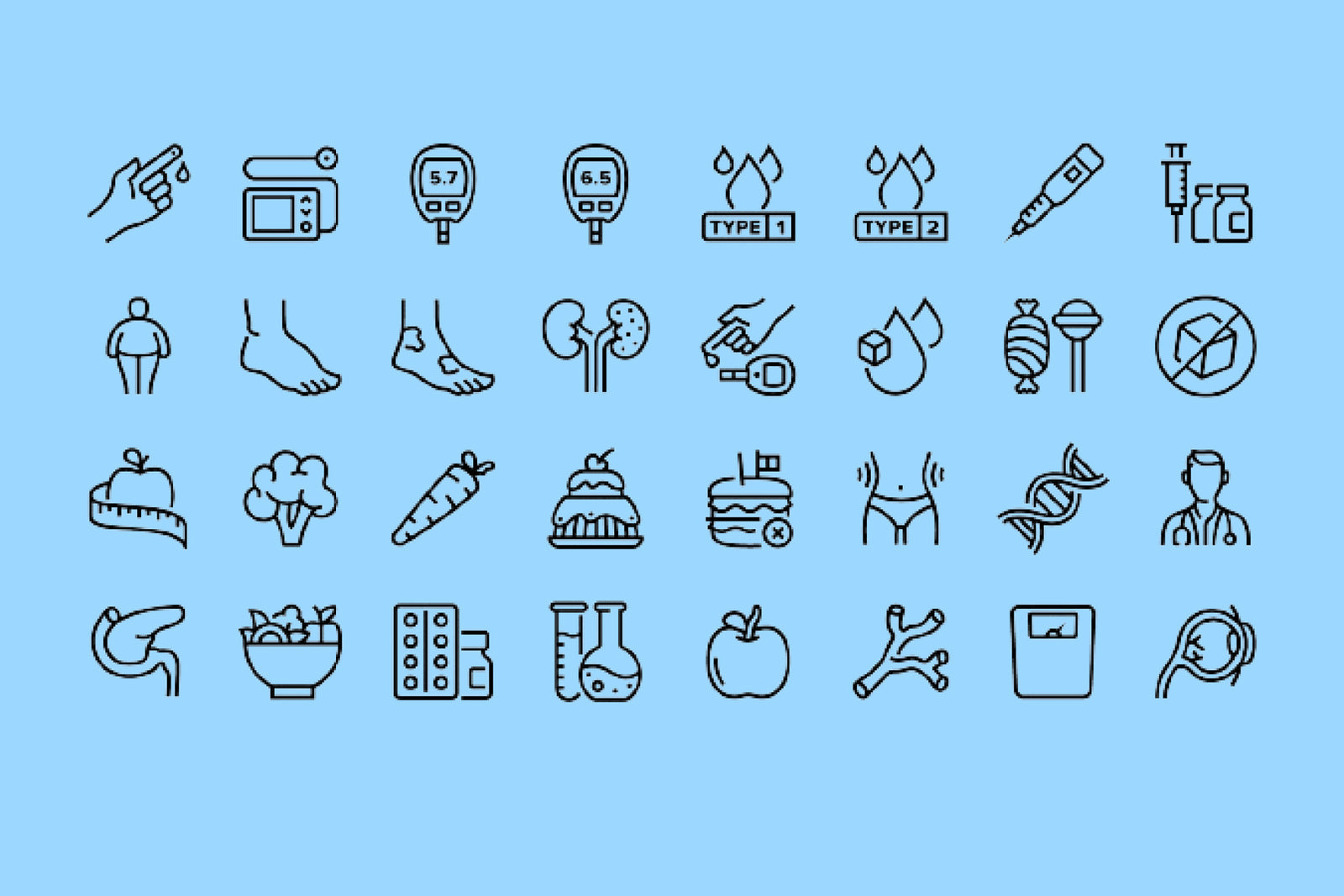How Genetics and Environment Shape Skin Aging
Skin aging results from a mix of genetic and environmental factors that lead to wrinkles, loss of elasticity, and age spots. A central process behind many of these changes is oxidative stress. Over time, oxidative stress damages collagen and other components of the skin matrix, reducing firmness and resilience.
The MC1R gene plays a key role in how skin responds to sunlight. MC1R helps regulate production of eumelanin, the darker pigment that provides natural protection against ultraviolet radiation. Variations in MC1R can reduce eumelanin production, making skin more vulnerable to UV damage and accelerating photoaging. Even with a lower-risk MC1R genotype, environmental factors such as sun exposure, smoking, and pollution can still strongly influence how your skin ages.
Ways to Support Skin Health
- Daily sun protection: broad-spectrum sunscreen, protective clothing, wide-brim hats, and seeking shade during peak UV hours.
- Diet rich in antioxidants: colorful fruits and vegetables high in vitamin C, vitamin E, carotenoids, and polyphenols help neutralize free radicals and support collagen synthesis.
- Targeted supplements: consider evidence-backed options such as astaxanthin, green tea extract (EGCG), vitamin C, and collagen peptides to support skin resilience.
- Avoid smoking: tobacco accelerates oxidative damage, breaking down collagen and elastin.
- Reduce pollution exposure where possible: air pollutants increase oxidative stress and inflammation in the skin.
- Supportive skincare: topical vitamin C, retinoids or retinol alternatives, and moisturizers with ceramides can help maintain barrier function and stimulate collagen production.
- Healthy lifestyle: adequate sleep, stress management, regular exercise, and maintaining healthy blood sugar levels support overall skin repair and recovery.
Practical Supplement and Diet Suggestions
- Vitamin C: eat citrus, berries, kiwi, bell peppers, and leafy greens. Consider an oral vitamin C supplement if dietary intake is low.
- Astaxanthin: a potent antioxidant that may reduce photoaging and improve skin elasticity. Typical study doses range from 4 to 12 mg daily.
- Green tea extract: provides polyphenols such as EGCG that protect against UV-induced damage and reduce inflammation. Consistent intake from brewed tea or standardized supplements is common.
- Collagen peptides: supplemental collagen may support skin hydration and reduce wrinkle depth when taken regularly.
- Omega-3 fatty acids: fatty fish, flax, chia, or fish oil supplements support barrier health and reduce inflammation.
Genetic Interpretation: MC1R rs1805005
2 effect alleles — TT genotype
You carry two copies of the effect allele (TT) at rs1805005. This genotype is associated with increased photoaging risk. Your MC1R variation may reduce production of eumelanin, the protective pigment that helps shield skin from UV damage. With less natural UV defense, your skin is more vulnerable to sun-induced damage that accelerates collagen breakdown and visible signs of aging such as wrinkles and uneven pigmentation.
Actionable steps
- Sun protection: apply broad-spectrum sunscreen daily with at least SPF 30, reapply every two hours while outdoors, use UPF clothing, and seek shade.
- Antioxidant support: prioritize vitamin C rich foods, consider astaxanthin (4 to 12 mg/day) and green tea extract to counter oxidative stress.
- Collagen support: include collagen peptides and dietary protein to provide amino acids for repair.
- Behavioral habits: avoid smoking, reduce pollution exposure when possible, and practice regular skin-care that includes topical antioxidants and retinoids as tolerated.
- Monitoring: regular skin checks and protective dermatology care if you notice unusual spots or changes in pigmentation.
1 effect allele — GT genotype
You carry one copy of the effect allele (GT) at rs1805005. This genotype is associated with likely increased photoaging compared to non-effect carriers. Your MC1R variant may modestly reduce eumelanin production, making your skin somewhat more susceptible to UV-induced damage and collagen breakdown.
Actionable steps
- Sun protection: make daily sunscreen and protective clothing a routine to limit cumulative UV exposure.
- Diet and supplements: increase antioxidant-rich foods, ensure consistent vitamin C intake, and consider supplements such as astaxanthin and green tea extract. Collagen peptides can support skin structure.
- Lifestyle: avoid smoking, reduce direct pollution exposure where possible, and maintain good sleep and stress practices to support skin repair.
- Topical care: incorporate topical vitamin C and a retinoid or retinol alternative to support collagen production and reduce visible signs of aging.
0 effect alleles — GG genotype
You carry two copies of the non-effect allele (GG) at rs1805005. This genotype is associated with typical skin aging patterns. Your MC1R functions normally, allowing adequate eumelanin production when the receptor is activated. This gives your skin a better innate defense against UV damage compared to reduced-function variants.
Actionable steps
- Maintain sun-safe habits: even with normal MC1R function, cumulative UV exposure, smoking, and pollution are major drivers of skin aging.
- Balanced diet: continue a diet rich in fruits and vegetables to provide antioxidants that protect collagen and elastin.
- Supportive supplements: consider collagen peptides, vitamin C, and omega-3s if dietary intake is insufficient.
- Skin care: use daily sunscreen and incorporate topical antioxidants and moisturizers that support barrier health.
- Regular checks: monitor skin changes and consult a dermatologist for routine skin health evaluations.
When to Talk to a Healthcare Provider
Genetic information can help you personalize prevention and self-care, but it is not a diagnosis. Discuss any concerns about skin changes, persistent lesions, or questions about supplements and medications with your healthcare provider. They can integrate your genetic results with medical history and recommend appropriate testing or treatments.
PlexusDx does not provide medical advice. The information in this article is educational only. Always consult your healthcare provider before starting or stopping any supplement, medication, or significant lifestyle change.

Share:
SKIN AGING | IRF4 (rs12203592)
SKIN AGING | IRF4 (rs12203592)